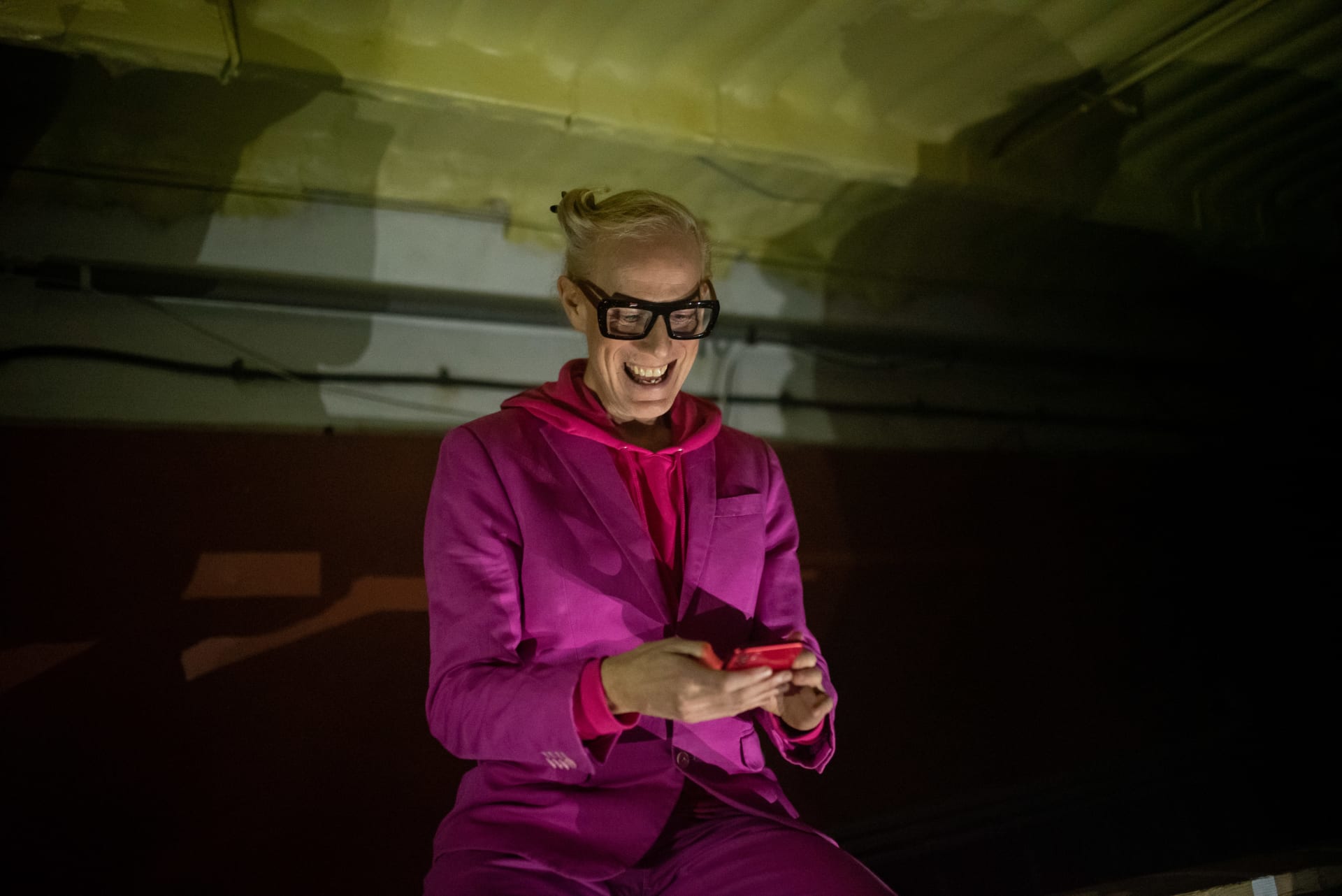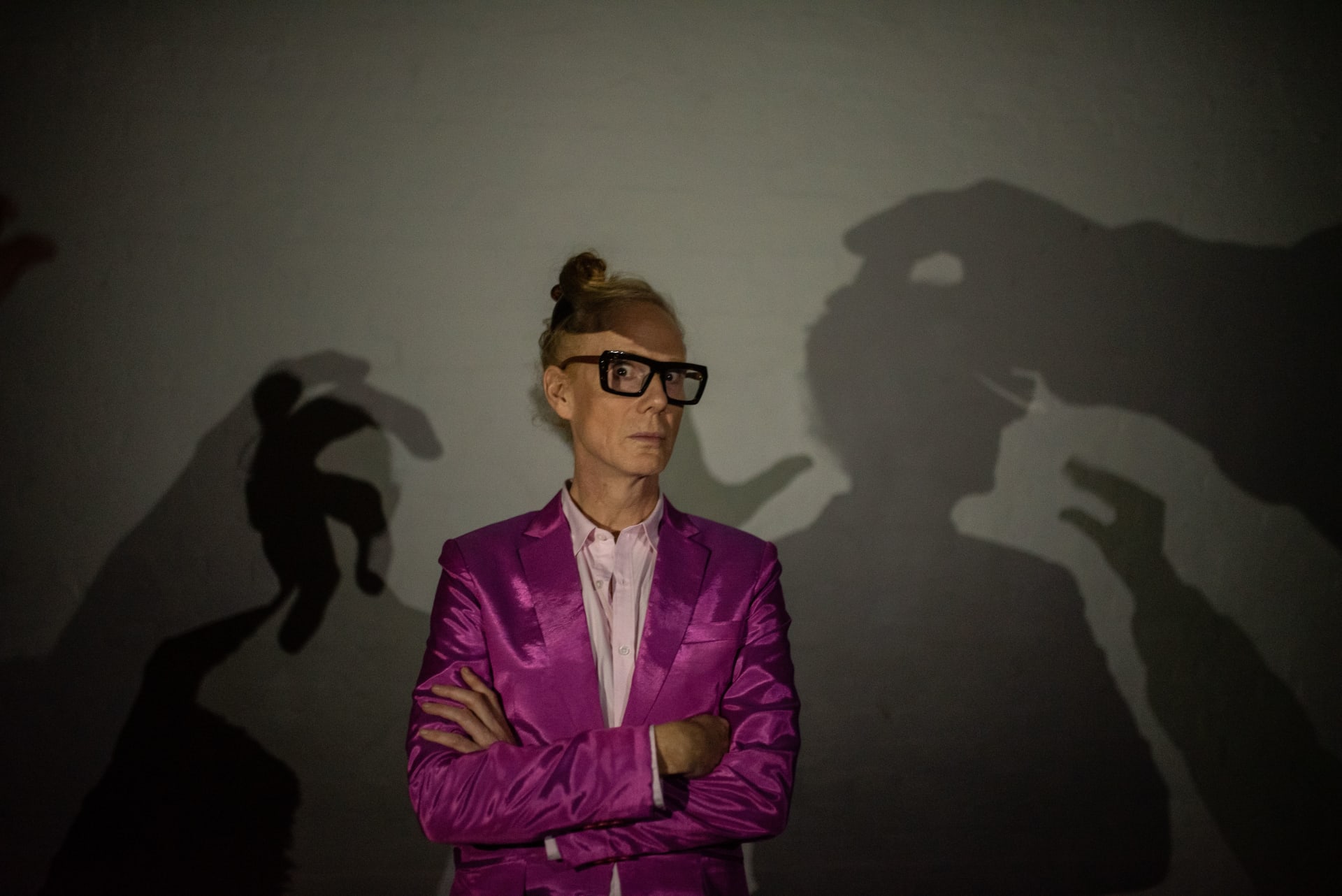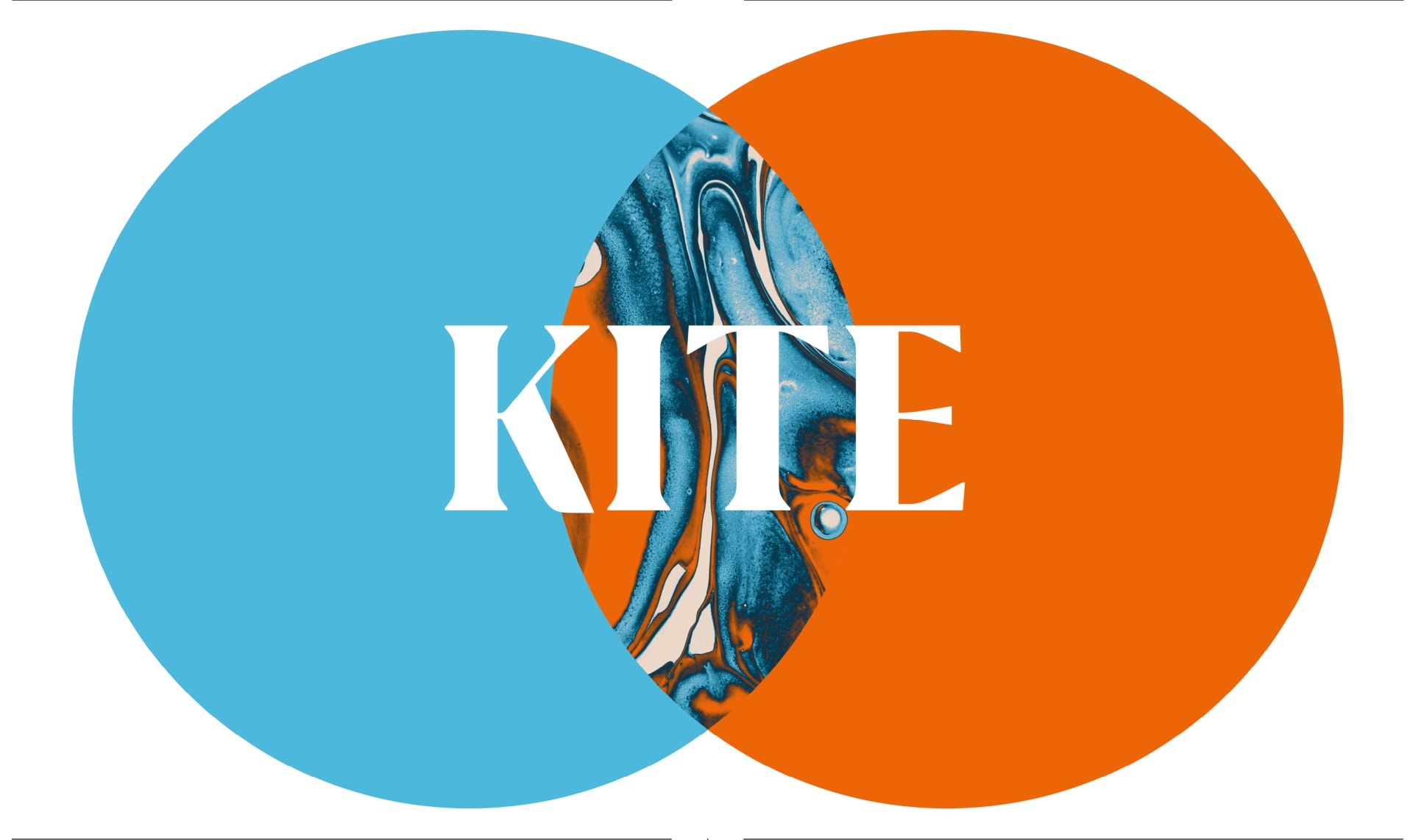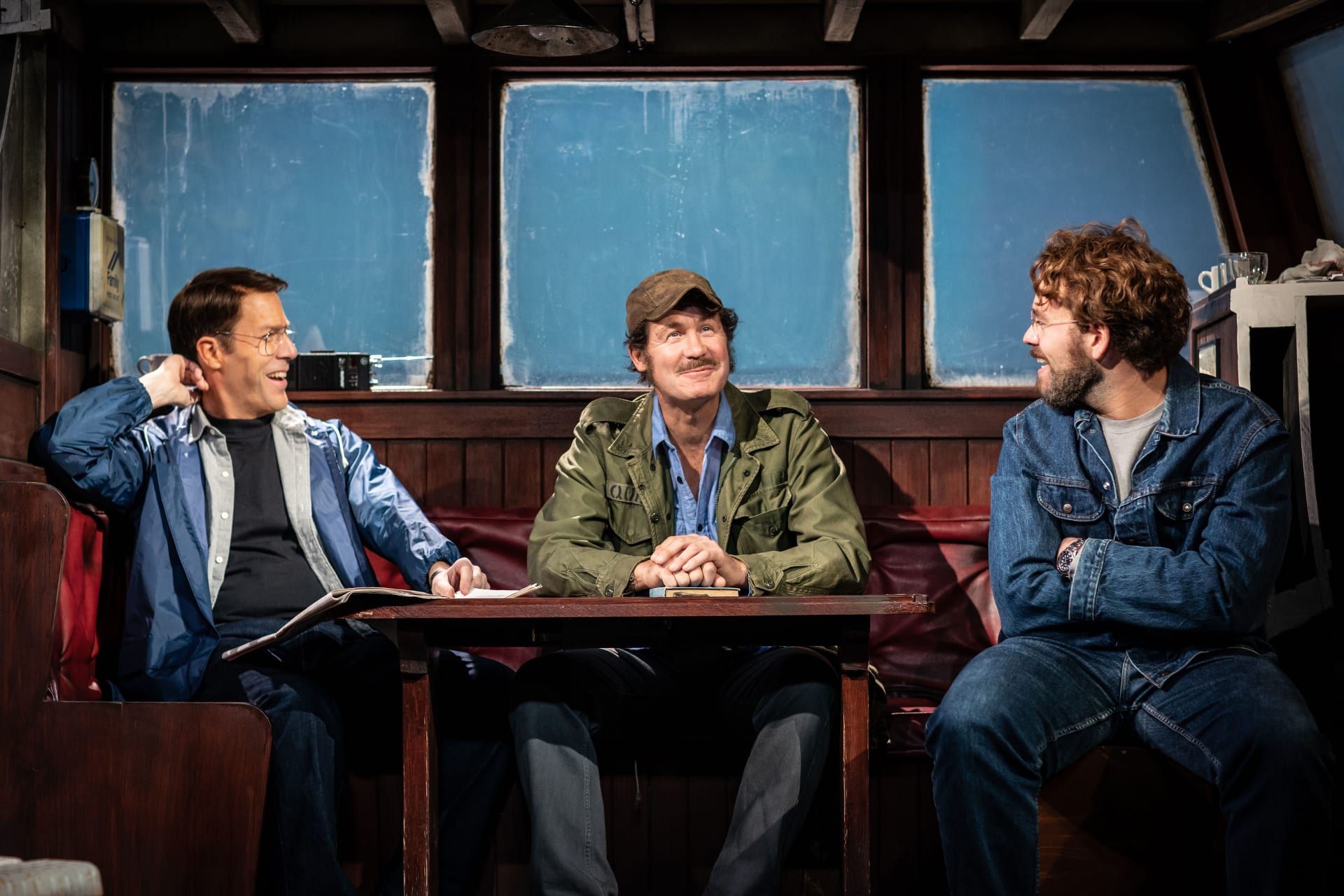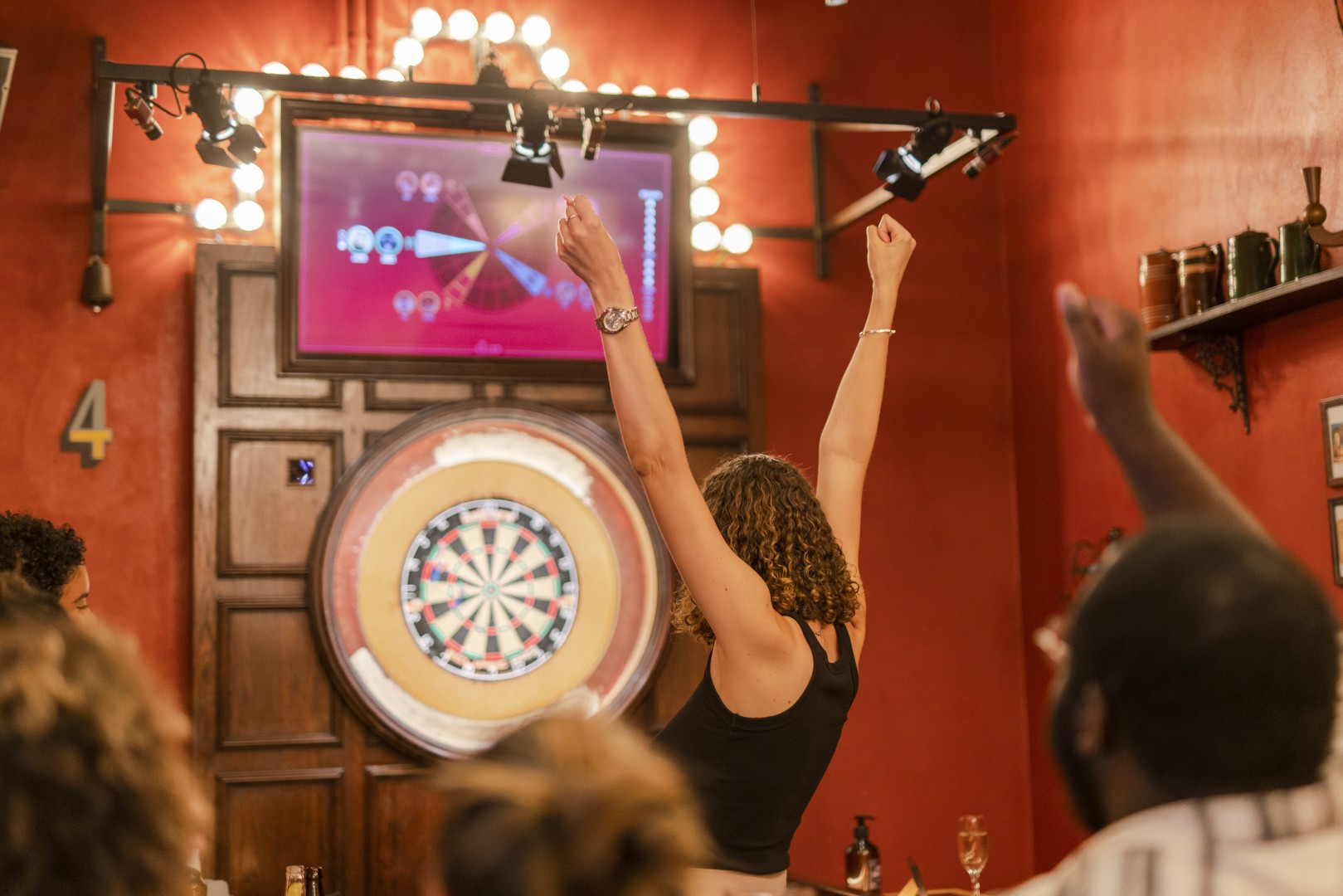Amidst the running of his new performance No Show, we spoke to playwright and performer Christopher Green, to find out what it’s all about. The basis of the play revolves around the question, ‘As a performer, what happens if I decide not to perform?’ We discussed with Christopher the inspiration behind this narrative – amongst previous ones – as well as learning a little more about the characters he has created and where they came from.
How are the shows going?
Really well, I’m very pleased with the show, it’s doing what I want it to do. It’s a lot of reacting to the audience, but the structure absolutely holds true no matter who’s there so that’s really nice to know. I love talking to people after the show because they have such a different experience to what they expect in terms of what participation means. It’s really non-threatening; I’m not interested in putting anyone on the spot. It’s not audience participation in the sense that it makes anyone feel stupid, it’s genuinely about the collective power of the audience. It’s like saying, ‘There’s 100 of you and one of me, so it stands to chance that you will know more than me.’ That’s the basis of this show, not ‘I’m really clever and I’m going to play with your mind because I know more than you do.’
Is there a crossover with your Buddhism and what you do on stage?
I think it definitely all connects. For me, that exploration of myself and of life led to various things; one of them being hypnosis and hypnotherapy. My exploration into that field really influenced how I made work after that. The whole notion of hypnosis, self-hypnosis and meditation informing what we’re encouraging an audience to do is definitely all part of what my work is now. Hypnosis and meditation are just these very basic thoughts like, ‘How would it be if this was ok?’ ‘How would it be if this was enough?’ ‘How would it be if this was different from our expectation?’ I think that’s what I do in a play, I just ask, ‘How would it be if this was true instead of reality’, and that’s all the play is, a collective sense of group-meditation or group-hypnosis.
You’ve created various personas for the stage, of all your characters, who would you get along with the most?
Ida Barr’s probably the most amiable, the best person to spend the longest amount of time with. Tina C would be a nightmare (you’d be happy with a ten-minute structured interview). Ida would be fun; you could just sit and watch telly with her. She does this whole thing of watching the news with the sound off and trying to guess what’s happened – I could do that for hours. Ida is sort of an anomaly in my characters because she used to be a performer and she isn’t anymore; she still performs occasionally but she retired years ago. She’s not driven by ambition, she’s not driven by a desire to be liked or to succeed, she just doesn’t care about that, so that’s probably why she’s the most relaxed in terms of her day-to-day energy. I think a lot of performers come up with characters that have this sort of desire to be liked, needed and approved of.
Your previous show, The Home, which focused on residential care homes, was quite an extensive research project.
I knew that it would be a big research project and I was very happy to do it. It was quite an amazing chance to really get to know a sector, I wouldn’t say understand it, but I know a lot more that the average person. I’d already been involved with Entelechy (a theatre company that works with elders) for quite a long time and I’d been into lots of care homes with Ida. I did a big Ida Barr project for five years called Ida Barr’s Mash-Up, where I worked with kids and pensioners and brought them together into one big choir, so I had quite a lot of experience but I knew that I needed a lot of formal experience too. We did two lots of Arts Council research and development which took three years really before the show, and now I’ve just been to Japan and spent a week going to care homes and dementia units there – that’s a pretty extraordinary experience as well. One of the big things I personally got out of The Home, was that it really shocked me how quickly the participants who were living there for three days got very territorial. When anybody else came into the environment that we had created, they were like, ‘Why are these people here, we don’t want them here.’ I realised for years I’ve been going in care homes and never really acknowledging that I was going into someone’s home. Even though I’d created the show, it gave me an insight into something very particular that I’d not really understood. Of course, I was respectful, I didn’t walk in and go, ‘Hey, hey! Stop what you’re doing, here I am.’ But it wasn’t the same level of respect as going into someone’s house.
Was there a reason you chose that particular topic?
I think it came out of the previous work I’d done, and I wanted to go a lot deeper. Also, if I don’t like something or if something worries me, then I think there must be something in it. No Show is sort of about improv because I think that I don’t like improv, so that was my starting point; what shall I do in this show? What don’t I like? Improv, I don’t like that, so I’ll do that. I think it’s good to push yourself into those areas that frighten you. I could make a show about pop stars and that would be fun, but it probably won’t be as rich as doing something that worries you.
You also did Prurience, which had this self-help group style with a focus on porn addiction, did you see it help anyone?
Yes, because it wasn’t really about just porn addiction, it was about consumption in general, and that’s something that we all have to deal with. We have an overabundance of porn and sexual imagery if we want it, just like we have an overabundance of food or sex. So, it’s about the techniques of being able to go, ‘Do I really want this?’ That’s why people genuinely were being helped by it. The reason I focused on pornography addiction was partly because it was quite a hot topic in 2016/17 when I wrote it and suddenly everyone had got quite hysterical about it. It’s also something that we all have to engage with, but it’s not incredibly specific. Porn addiction is sort of vague enough for everyone to be able to relate to in some degree. I’d wanted to do a show about self-help groups for a long time because it seemed very theatrical to me, I don’t mean that they’re inauthentic but it’s just that there are opportunities for monologues, group dialogue and interaction – it’s very structured, like a play.
You don’t assign labels to yourself, are there any you’re comfortable with?
I don’t want to become someone who ‘doesn’t want to be labelled’ because that’s like a label in itself. I’ve been making work for a long time and during that time I’ve been called a comedian, a gay comedian, a drag queen, a this, a this, a this, all things that I wouldn’t use. I’m really wary of taking on other people’s labels – if I don’t need a label, then for someone else to put one on me is just for their convenience and I’m not into it. It’s what I perceive that we’re all fighting for, where we don’t need to have a list of what we are, we’re just like, “I’m just me, the unique set of circumstances that is me”, which is true for all of us.
No Show is at The Yard Theatre, London until 14 March.

